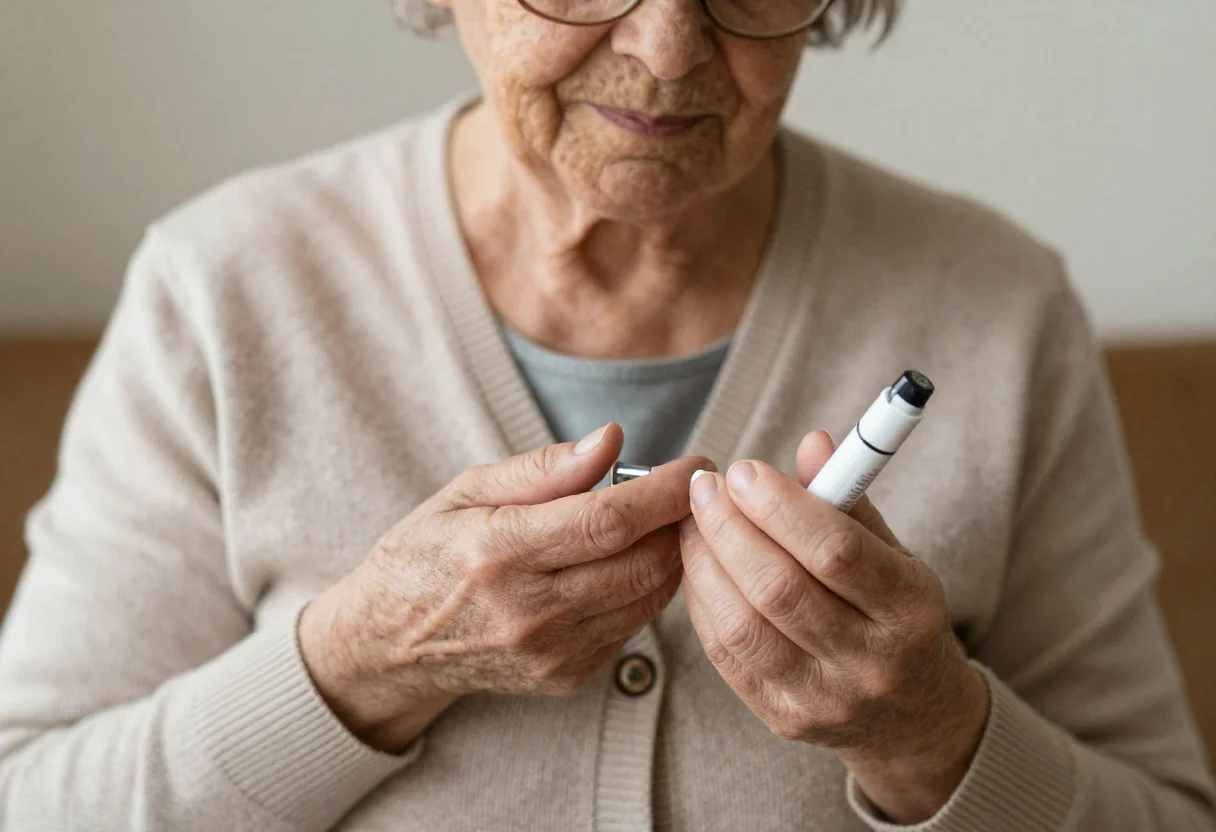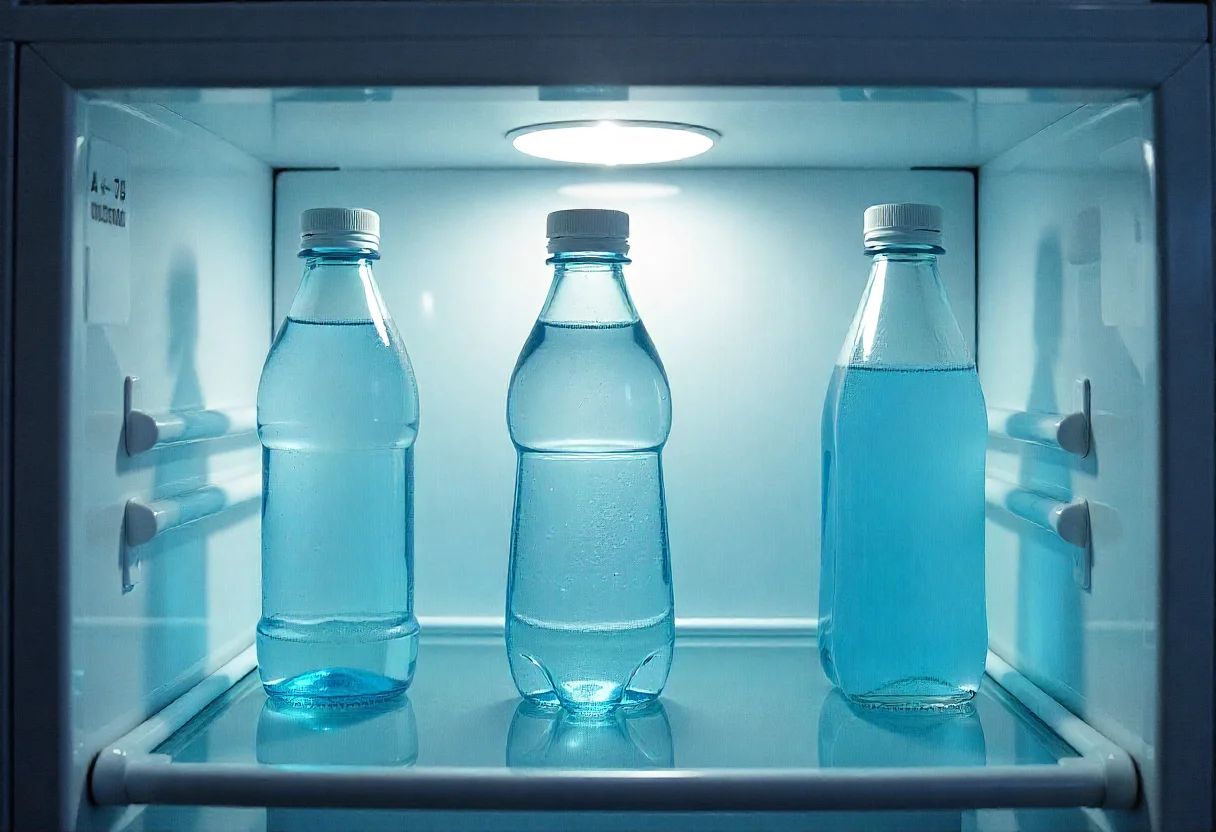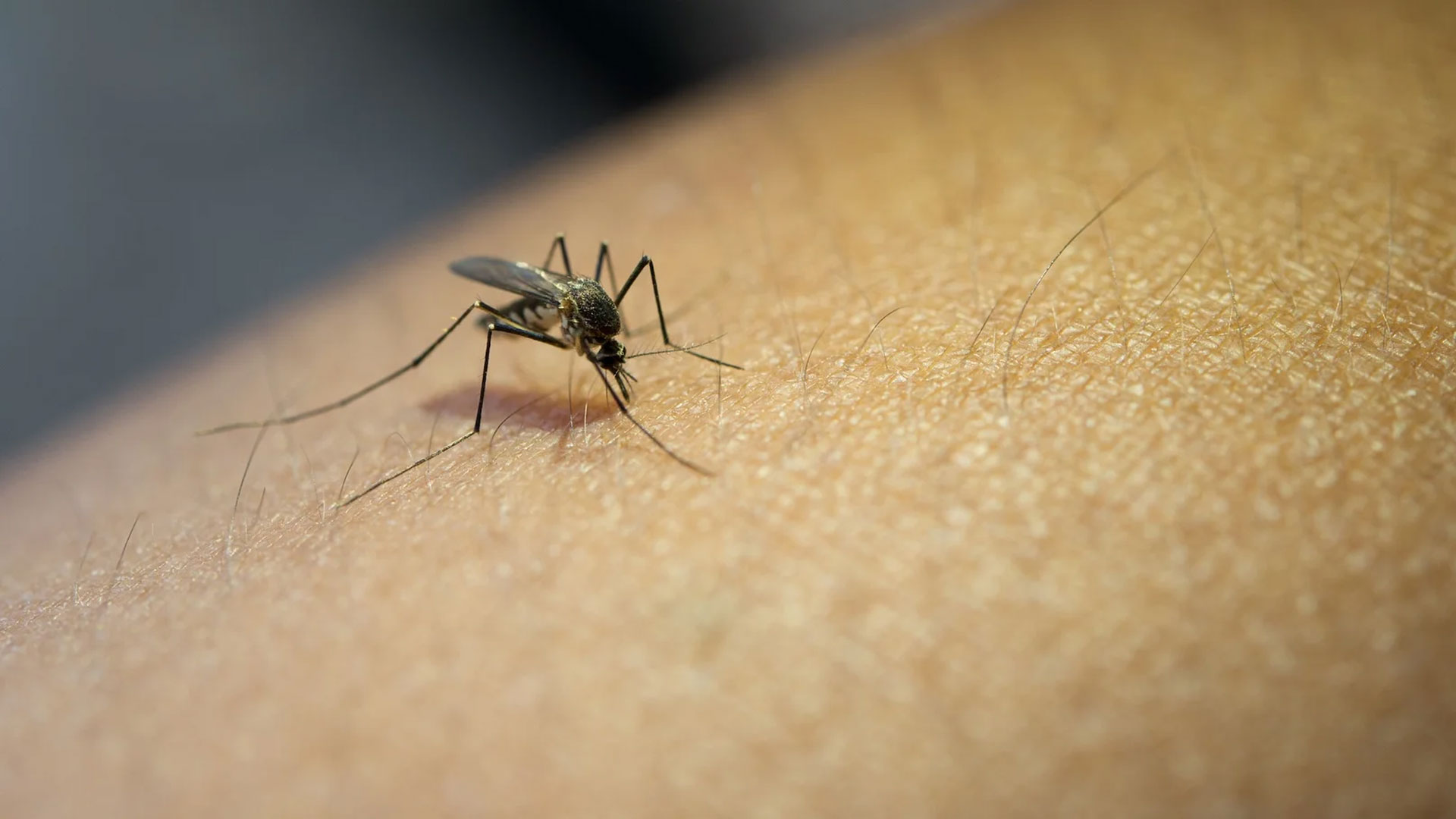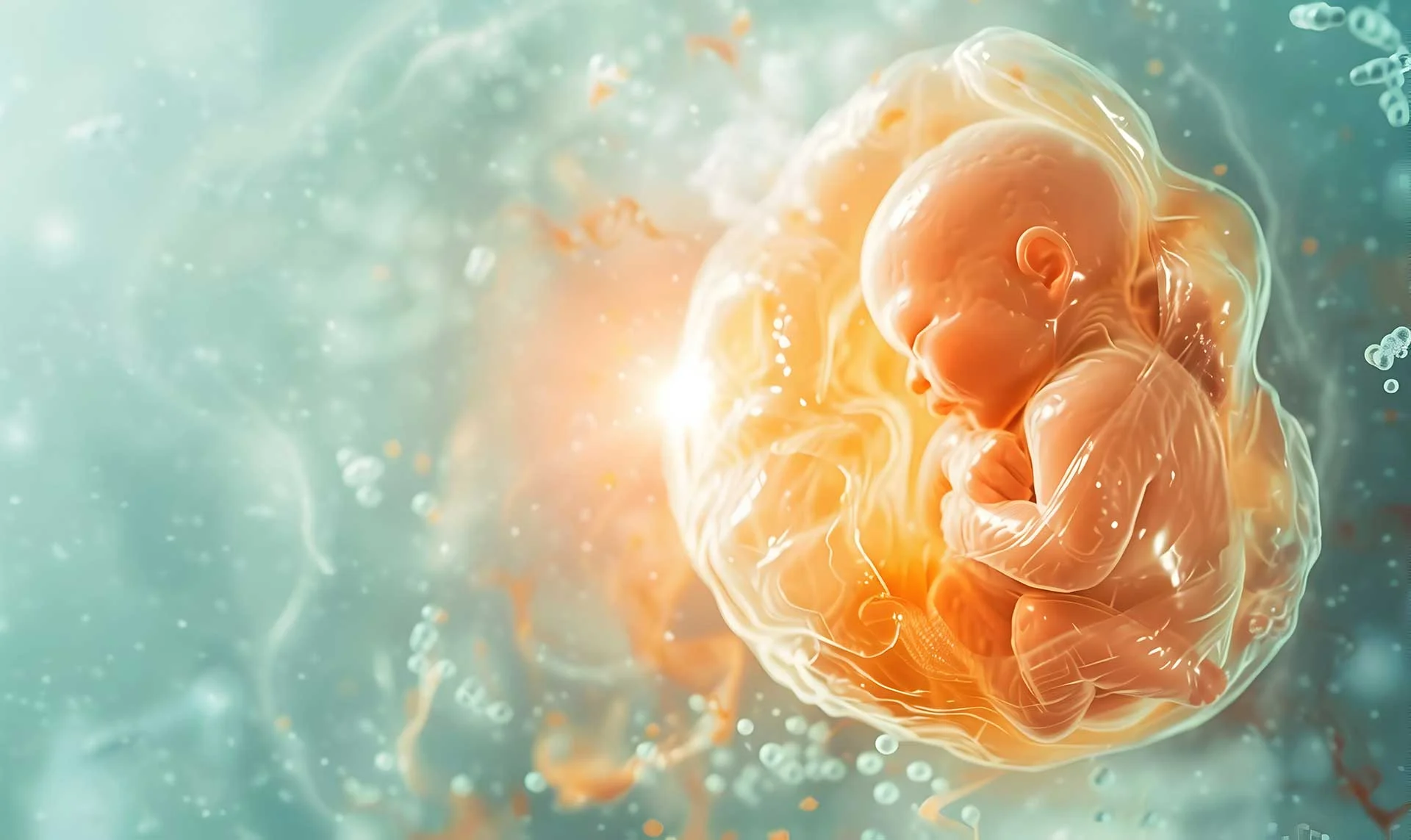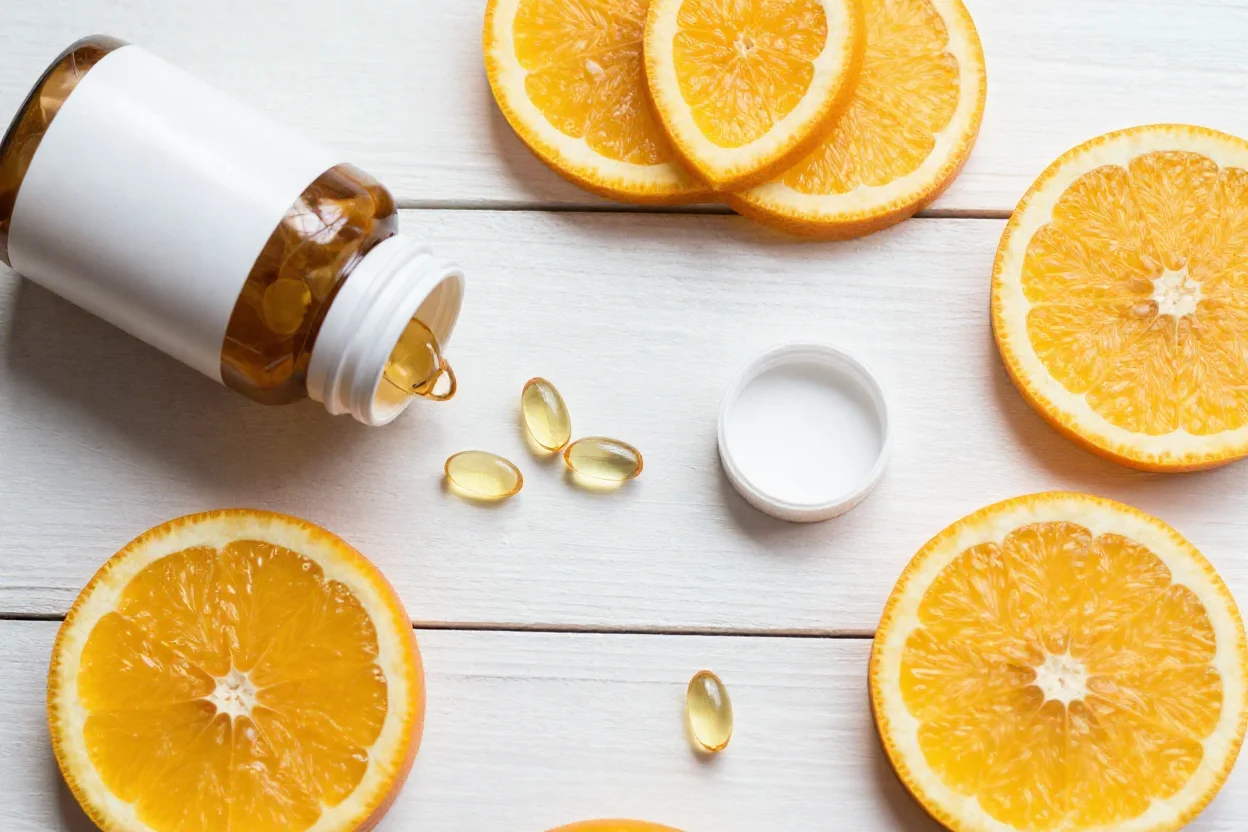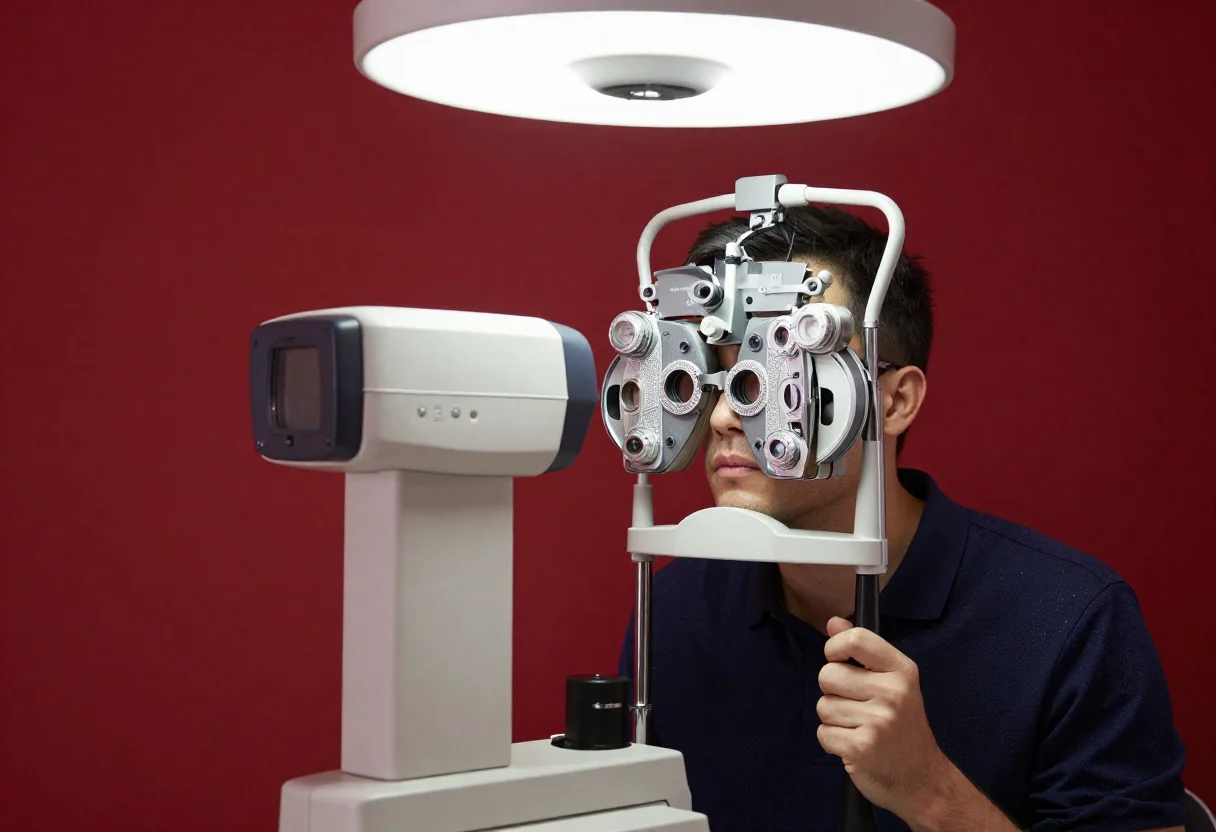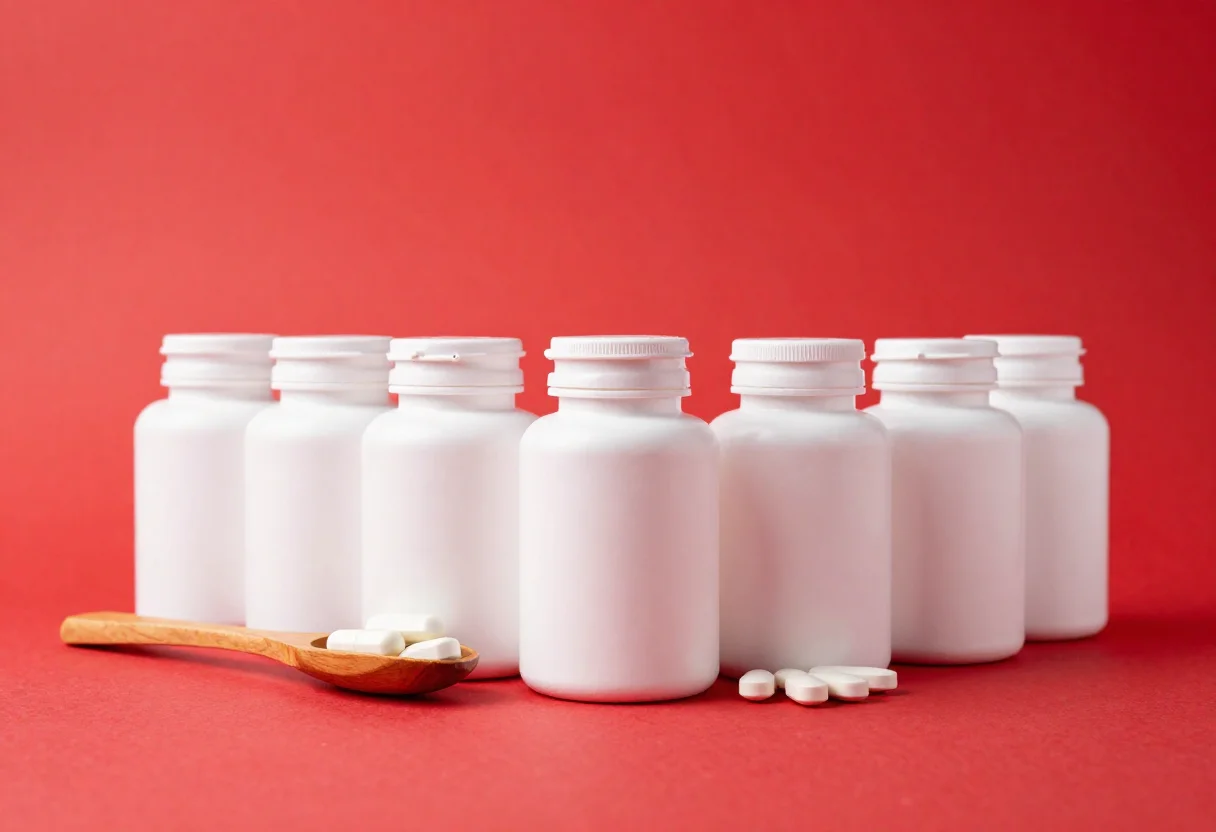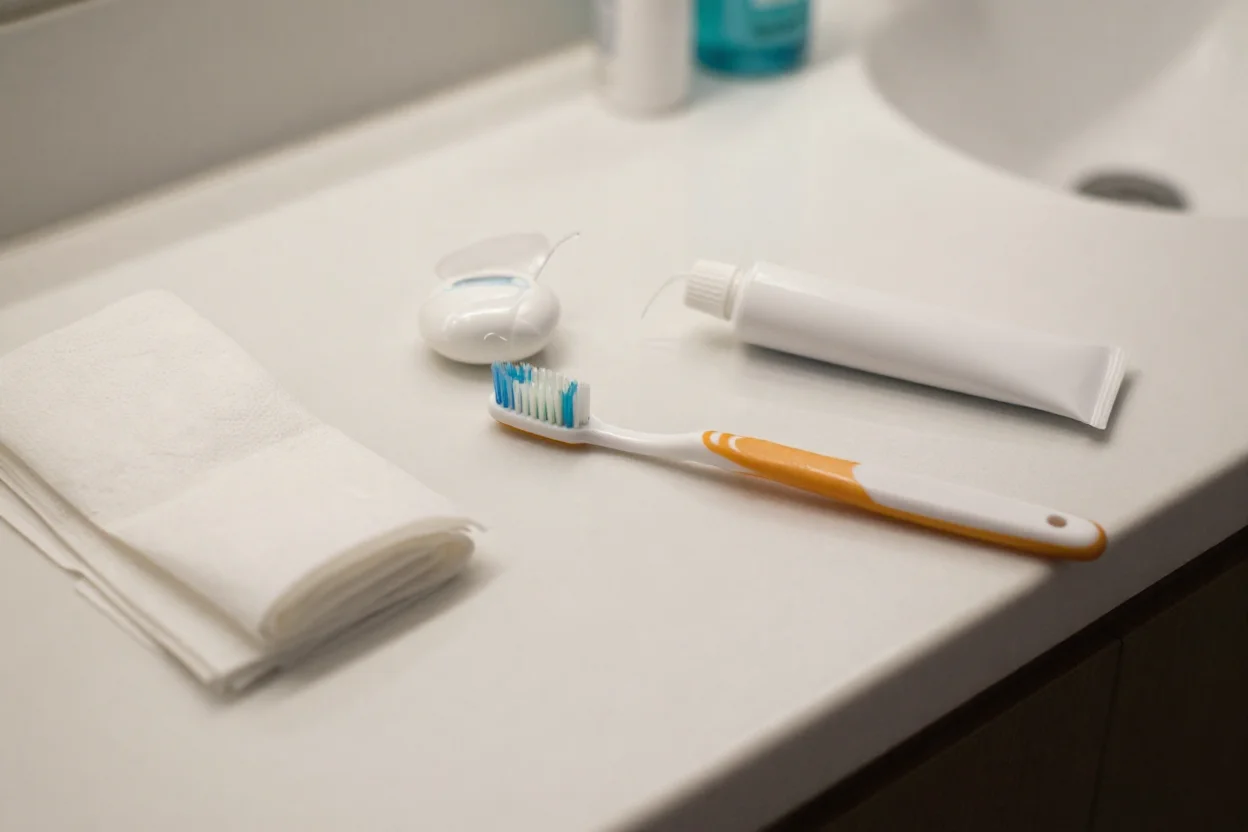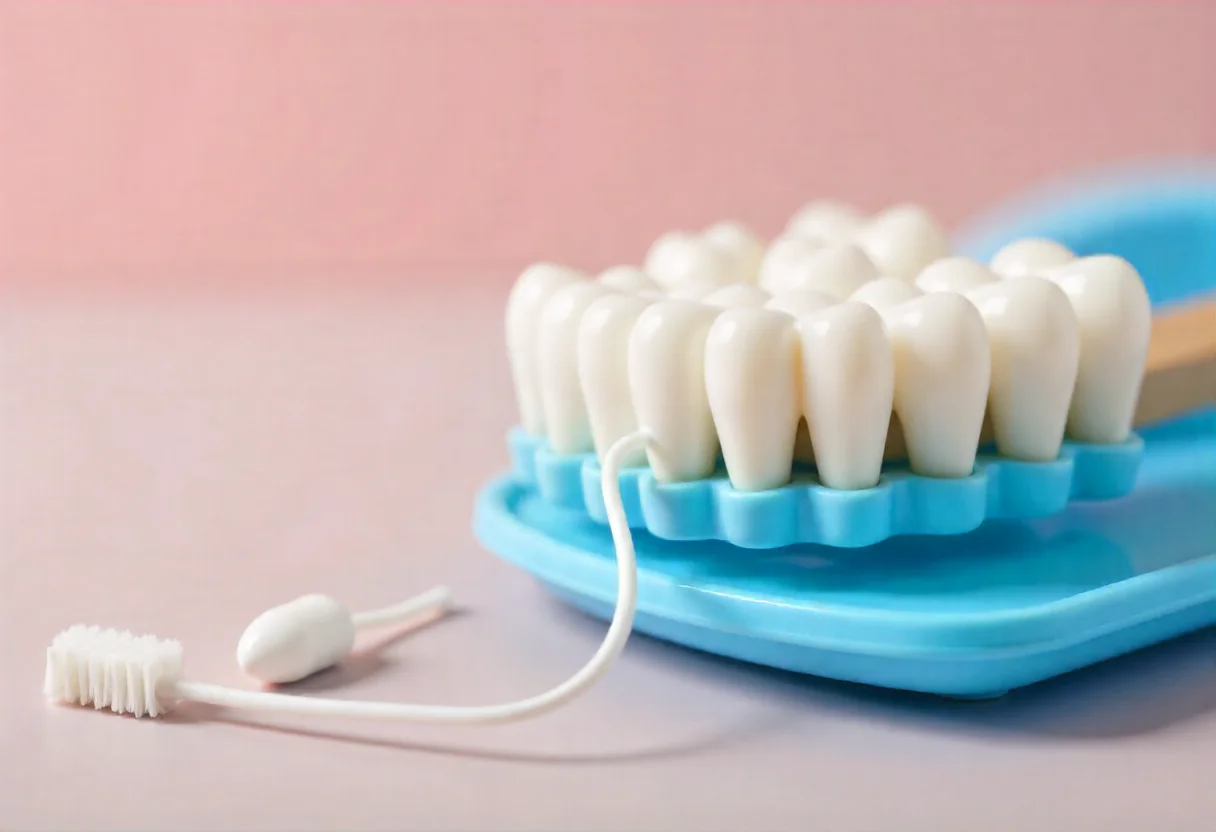"Creatine can improve athletes' performance and may also have potential effects in the treatment of diabetes, muscle and bone loss, cancer, depression, brain and heart disease."
What is creatine?
Creatine is a naturally occurring compound in the body, especially in organs with high energy needs, such as muscles and the brain. It is chemically formed in the kidneys and liver from a combination of three amino acids (arginine, glycine, and methionine). Endogenous (within the body) creatine synthesis provides about half of the daily creatine requirement, while the remaining creatine needed to maintain normal tissue creatine levels is met from red meat, fish, or food supplements. Approximately 95% of creatine is stored in muscles, with the remainder found in other tissues such as the heart, brain, and testes [1-3]. Creatine forms an energy store in the body called phosphocreatine, which plays a critical role in providing energy to the muscles, especially during intense exercise [4].
Creatine supplementation is one of the most studied and effective products for athletes. The multifaceted mechanisms by which creatine exerts its positive effect include increasing energy capacity when oxygen is scarce, reducing protein breakdown, increasing muscle mass and physical performance, reducing fat accumulation in the liver, lowering cholesterol and triglyceride levels, helping to regulate blood lipid levels, and having antioxidant properties [5]. While creatine benefits athletes, the potential therapeutic role of creatine supplements in health problems such as diabetes, sarcopenia, osteoporosis, cancer, depression, memory, and cardiovascular health has been investigated in recent years [6-12].
Health Benefits of Creatine Supplements
Improving Sports Performance
Creatine is best known for its sports performance enhancing effects. Research shows that creatine supplementation leads to significant increases in strength and muscle mass, especially in short-duration, high-intensity exercise (e.g. weight lifting, sprint running).
Increasing Muscle and Bone Mass
Sarcopenia is an age-related muscle disorder characterised by a decrease in muscle quantity, muscle strength and functional capacity. As we age, our body fat increases while our strength, muscle mass, bone mass and balance are usually lost. Creatine supplements increase the water content in muscle cells, increasing cellular volume, which in turn promotes protein synthesis. This process contributes to increased muscle mass. In addition, as people get older, they often face the problem of obesity that often begins in adulthood, leading them to diet to promote weight loss. Unfortunately, this is often counterproductive in older individuals, leading to loss of muscle mass and strength. Creatine supplementation while following an energy-restricted diet can be an effective strategy to preserve muscle mass, promote fat loss and help manage adult-onset obesity [13, 14].
Neurological Health
Creatine supports energy metabolism by increasing phosphocreatine levels in the brain. This property may offer potential benefits in neurological diseases (e.g. Parkinson's disease, Alzheimer's disease) by supporting cellular energy production. Some research suggests that creatine supplementation may slow the progression of these diseases. It is also thought that creatine supplementation may support cognition, memory problems and reduce mental fatigue in elderly individuals and patients with mild cognitive impairment by increasing brain content by 5-15% [15-17].
Supporting Cognitive Functions
Creatine may support cognitive functions by increasing brain energy. Especially in stressful situations (e.g. sleep deprivation, mental fatigue), creatine supplementation can improve cognitive performance.
Glucose Regulation and Diabetes Mellitus
There is evidence to suggest that creatine supplementation improves glucose uptake and insulin sensitivity and may therefore help individuals keep glucose and HbA1c levels under control, particularly when starting an exercise programme [18].
Heart Health
Coronary artery disease limits blood flow to the heart and thus increases susceptibility to ischaemic events, arrhythmias or heart failure. Creatine plays an important role in maintaining heart function during ischaemic events. Therefore, creatine is thought to support cardiac metabolism and health in reducing arrhythmias, ischaemia-related damage or cardiac dysfunction in individuals with chronic heart failure [19].
Pregnancy and Fertility
Research on the role of creatine supplementation in pregnant women is limited. However, studies have shown that creatine during pregnancy has positive effects on fetal growth, development and health of the mother and child. In animal studies, it has been observed that maternal creatine supplementation increases the survival rate of newborns and improves organ functions after birth asphyxia (oxygen deprivation) in animals [20]. Creatine is also thought to have an effect on fertility. Since sperm motility depends on energy and higher sperm quality, it was tested whether creatine supplementation would increase fertility by adding creatine to the medium during intrauterine insemination. Although more research is needed, the results suggest that creatine may play an important role in fertility and support reproductive health [21].
Immune Support
Although more research is needed, it is thought that creatine affects the immune system and regulates this system by stimulating or suppressing the immune system [22].
Anti-Cancer Property
As mentioned above, creatine plays an important role in providing and maintaining energy. Thus, creatine helps to support a healthy immune system as an important source of energy for immune cells that have a protective role against cancer, and as a result of studies, it may show some anticancer properties [23].
Antidepressant Effects
Studies since 1980 have suggested that creatine may have antidepressant effects. These studies have provided the basis for evaluating the effects of creatine precursors on brain phosphagen levels, markers of depression and the therapeutic efficacy of antidepressant drugs. The results suggest that combining creatine with exercise may provide greater benefits in the treatment of depression [24].
Skin Health
Since creatine is known to affect the energy status in the dermis, one of the skin layers, and is known to be an antioxidant, the effect of creatine topical application on skin health has been investigated. In a study, it was reported that topical application of creatine increases the cellular energy level and protects the skin from premature skin aging and skin damage caused by oxidative and UV damage. Topically applied creatine was found to rapidly penetrate the dermis, stimulate collagen synthesis and affect gene expression and protein levels. In addition, topical application of a creatine-containing formula for 6 weeks significantly reduced gill density in the jowl area, crow's feet wrinkles, and wrinkles under the eyes. Therefore, there is evidence in the literature that creatine supports skin health [25, 26].
Possible Harm of Creatine Supplements
Effects on Kidney Function
Long-term use of creatine supplements is controversial due to possible effects on kidney function. High doses of creatine consumption may increase the workload of the kidneys. However, studies show that creatine use at recommended doses is generally safe in healthy individuals. Nevertheless, it is important for individuals with kidney disease to consult a doctor before using creatine.
Dehydration and Muscle Cramps
Creatine can lead to dehydration by increasing water retention in muscle cells. This requires caution when exercising, especially in hot weather. Also, some users report experiencing muscle cramps during creatine use, but these side effects are rare and can usually be prevented with proper fluid intake [27].
Gastrointestinal Disturbances
Creatine supplements may cause gastrointestinal problems such as stomach upset, bloating, or diarrhoea in some people. These side effects can usually be alleviated by reducing the creatine dose or spreading creatine intake throughout the day.
Things to Consider When Using Creatine
Dosage and Timing
Creatine is usually used as a ‘loading’ and ‘maintenance’ dose. As a loading dose, 20 grams of creatine is usually taken daily for 5-7 days, followed by 3-5 grams daily as a maintenance dose. However, it may also be effective to start with lower doses in the long term [28].
Hydration
Because creatine can affect the body's water balance, it is important to drink adequate amounts of water when taking creatine. This reduces the risk of possible dehydration and optimises the effects of creatine.
Long-Term Use and Safety
Although long-term use of creatine is generally considered safe, it is recommended that individuals who plan to use this supplement regularly for years should have their kidney function checked periodically [29].
Current Developments About Creatine
New Creatine Forms
New forms of creatine other than creatine monohydrate have been developed in recent years. For example, forms such as creatine hydrochloride and creatine nitrate have been introduced to the market with claims of better solubility and bioavailability. These new forms may be alternatives, especially for individuals with gastrointestinal disorders. However, more research is needed on the efficacy and safety of these forms.
Creatine and Mental Health
The effects of creatine on mental health are also being investigated. Some recent studies suggest that creatine supplementation may alleviate symptoms in mental disorders such as depression and anxiety. Its effects on improving energy metabolism in the brain are seen as one of the mechanisms behind such benefits.
Creatine and Women's Health
Research on the use of creatine, especially in postmenopausal women, is increasing. These studies examine the preventive effects of creatine on the loss of muscle mass and its potential to support bone health. However, research on creatine use during pregnancy is limited and more studies are needed in this area.
Referanslar
1. Brosnan ME and Brosnan JT, The role of dietary creatine. (2016).
2. Bertin M, et al., Origin of the genes for the isoforms of creatine kinase. (2007).
3. Kerksick CM, et al., ISSN exercise & sports nutrition review update: research & recommendations. (2018).
4. Antonio J, et al., Common questions and misconceptions about creatine supplementation: what does the scientific evidence really show? (2021).
5. da Silva RP, Leonard K-A, and Jacobs RL, Dietary creatine supplementation lowers hepatic triacylglycerol by increasing lipoprotein secretion in rats fed high-fat diet. (2017).
6. Kreider RB, et al., International Society of Sports Nutrition position stand: safety and efficacy of creatine supplementation in exercise, sport, and medicine. (2017).
7. Stares A and Bains M, The additive effects of creatine supplementation and exercise training in an aging population: a systematic review of randomized controlled trials. (2020).
8. Dolan E, Gualano B, and Rawson ES, Beyond muscle: the effects of creatine supplementation on brain creatine, cognitive processing, and traumatic brain injury. (2019).
9. Dolan E, et al., Muscular atrophy and sarcopenia in the elderly: is there a role for creatine supplementation? (2019).
10. Wallimann T, Riek U, and Möddel M, Intradialytic creatine supplementation: A scientific rationale for improving the health and quality of life of dialysis patients. (2017).
11. Gualano B, et al., In sickness and in health: the widespread application of creatine supplementation. (2012).
12. Pinto CL, et al., Creatine supplementation and glycemic control: a systematic review. (2016).
13. Candow DG, et al., Variables influencing the effectiveness of creatine supplementation as a therapeutic intervention for sarcopenia. (2019).
14. Forbes SC, et al., Changes in fat mass following creatine supplementation and resistance training in adults≥ 50 years of age: a meta-analysis. (2019).
15. Roelands B, et al., Can creatine combat the mental fatigue-associated decrease in visuomotor skills? (2020).
16. Avgerinos KI, et al., Effects of creatine supplementation on cognitive function of healthy individuals: A systematic review of randomized controlled trials. (2018).
17. McMorris T, et al., Creatine supplementation and cognitive performance in elderly individuals. (2007).
18. Gualano B, et al., Exploring the therapeutic role of creatine supplementation. (2010).
19. Hultman J, et al., Myocardial Energy Restoration of Ischemic Damage by Administration of Phosphoenolpyruvate during Reperfusion: A Study in a Paracorporeal Rat Heart Model. (1983).
20. Ellery SJ, et al., Renal dysfunction in early adulthood following birth asphyxia in male spiny mice, and its amelioration by maternal creatine supplementation during pregnancy. (2017).
21. SBRACIA M, et al., Sperm function and choice of preparation media: comparison of Percoll and Accudenz discontinuous density gradients. (1996).
22. Riesberg LA, et al., Beyond muscles: The untapped potential of creatine. (2016).
23. Miller EE, Evans AE, and Cohn M, Inhibition of rate of tumor growth by creatine and cyclocreatine. (1993).
24. Pazini FL, et al., Creatine prevents corticosterone-induced reduction in hippocampal proliferation and differentiation: possible implication for its antidepressant effect. (2017).
25. Lenz H, et al., The creatine kinase system in human skin: protective effects of creatine against oxidative and UV damage in vitro and in vivo. (2005).
26. Peirano RI, et al., Dermal penetration of creatine from a face‐care formulation containing creatine, guarana and glycerol is linked to effective antiwrinkle and antisagging efficacy in male subjects. (2011).
27. Cooper R, et al., Creatine supplementation with specific view to exercise/sports performance: an update. (2012).
28. Chilibeck PD, et al., Effect of creatine supplementation during resistance training on lean tissue mass and muscular strength in older adults: a meta-analysis. (2017).
29. Jäger R, et al., Analysis of the efficacy, safety, and regulatory status of novel forms of creatine. (2011).



